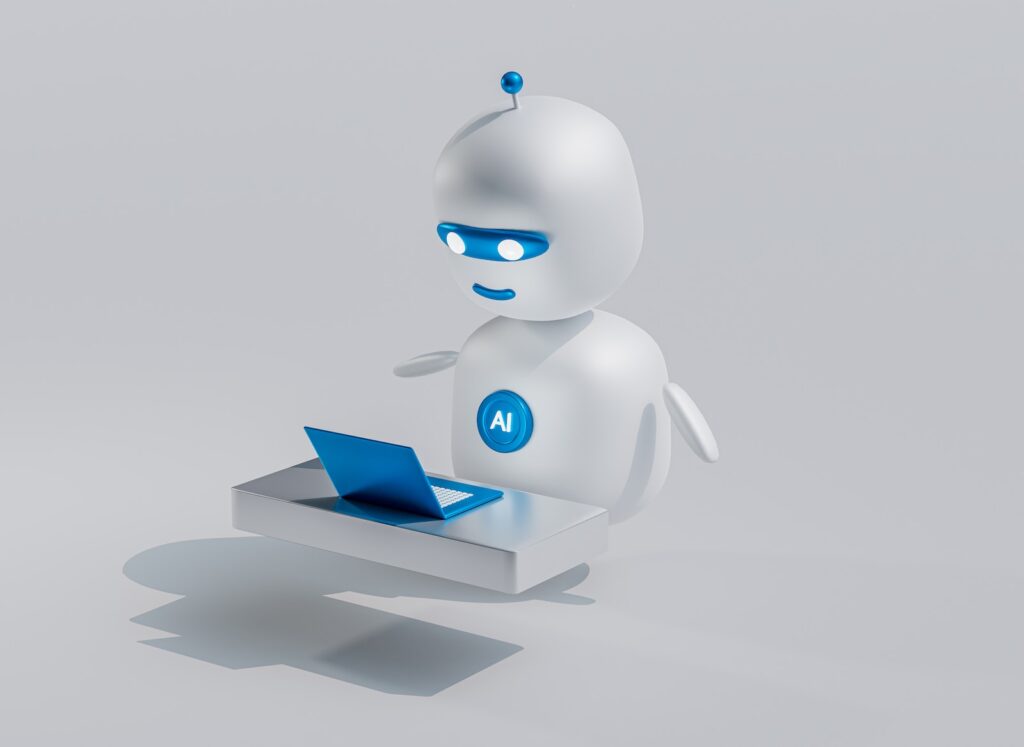Exploring the Potential of AI in Website Design: What You Need to Know
The integration of Artificial Intelligence (AI) into website design is revolutionizing the way we create and interact with digital spaces. As AI technology evolves, it is crucial to understand its potential impact on website design and how it can be leveraged for more innovative, user-friendly, and efficient web experiences. AI-Powered Design Tools One of the most significant contributions of AI to web design is the development of AI-powered design tools. These tools use machine learning algorithms to suggest design elements based on user preferences and industry trends. They can generate layouts, color schemes, and even create entire web pages with minimal input from a designer. This automation speeds up the design process and allows for rapid prototyping, giving designers more time to focus on creative and strategic tasks. Enhanced User Experience AI is instrumental in creating personalized user experiences. By analyzing user data, AI can tailor website content, structure, and design to meet individual user preferences. This level of personalization is vital in an era where user experience (UX) is a critical determinant of website success. AI algorithms can predict user behavior, enabling websites to present the most relevant content, thus improving engagement and satisfaction. Accessibility and Inclusivity AI also plays a crucial role in making websites more accessible and inclusive. By employing AI-driven tools, web designers can ensure their websites comply with accessibility standards, making them usable for people with various disabilities. AI can also help in detecting and rectifying inclusivity issues within web content, ensuring that a website’s design and language are welcoming to all users. Voice-Activated Interfaces The rise of voice-activated AI assistants like Siri and Alexa has led to an increased interest in voice user interfaces (VUIs). Integrating VUIs into websites allows users to interact with web content through voice commands, making the web more accessible and providing a novel user experience. This technology is particularly beneficial for users with visual impairments or those who prefer voice interaction over traditional navigation methods. Predictive Analytics and SEO AI’s capability in predictive analytics can transform how websites approach SEO. By analyzing large data sets, AI can predict emerging trends and user behaviors, allowing web designers to optimize content proactively. This preemptive approach to SEO helps in maintaining a website’s relevance and ranking in search engine results. AI in Content Generation The use of AI in content generation is another area of interest. AI algorithms can produce basic content for websites, including product descriptions, FAQs, and blog posts. While this technology is not yet sophisticated enough to replace human content creators entirely, it can assist in generating content quickly, which can then be refined by human editors. Challenges and Ethical Considerations Despite these advancements, integrating AI into website design comes with challenges. The most pressing is the ethical consideration of user privacy. As AI systems require access to user data to function optimally, there is a fine line between personalization and privacy invasion. Web designers need to ensure that user data is handled responsibly and transparently. Moreover, the reliance on AI tools can lead to a homogenization of web design, where websites start looking similar due to the use of standardized AI-generated templates. It’s essential to balance AI’s efficiency with the creativity and uniqueness that human designers bring to the table. The Future of AI in Web Design Looking forward, AI is set to become an integral part of web design, with its potential only increasing as technology advances. The key for web designers is to leverage AI as a tool to enhance their creativity and efficiency, rather than as a replacement for human skill and ingenuity. Conclusion The potential of AI in website design is vast and exciting. From improving user experience to enhancing accessibility and revolutionizing SEO strategies, AI is poised to transform the web design industry. However, it’s crucial for designers and developers to approach AI integration thoughtfully, considering ethical implications and the value of human creativity. As we step into this new era of web design, the blend of AI and human ingenuity will be the cornerstone of innovative, efficient, and inclusive digital experiences.
Exploring the Potential of AI in Website Design: What You Need to Know Read More »

